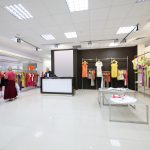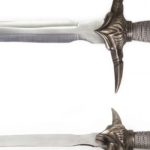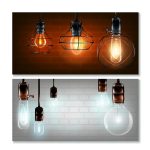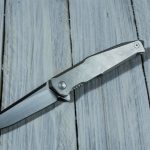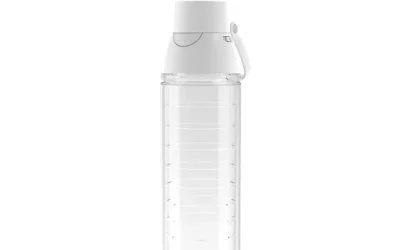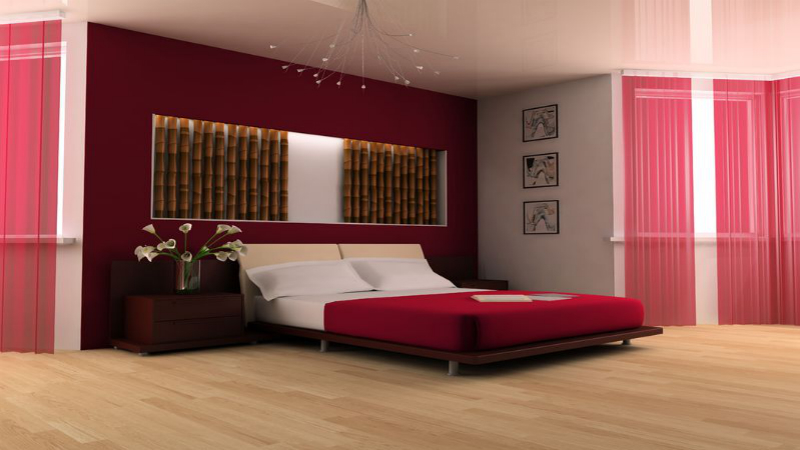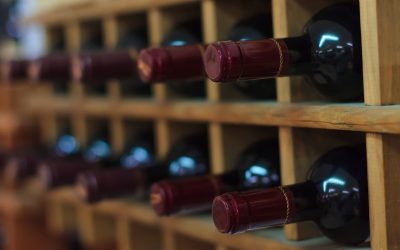It is sometimes a difficult decision for owners of residential or commercial properties to make the decision to upgrade to new lighting technology. However, in the case of outdoor LED lighting, there are many different reasons to consider this as a solid investment.
There are at least four reasons why the upgrade to LED lighting is important. The relevance of these factors will also depend on the number of lights. For a commercial property with a large perimeter, multiple entrances, and parking areas or loading docks, this can be a large cost, so moving to a more cost-effective outdoor lighting solution can easily pay for itself in a very short period of time.
The Life Span of Bulbs
One of the most critical factors to consider with outdoor LED lighting installation is the long lifespan of the individual bulbs. All housings or fixtures selected should be wet use rated to maximize bulb life.
The typical LED bulb will last for approximately 60,000. Some will last longer, and some may have a slightly shorter lifespan, but this is still much longer than the typical 1000 hours of a traditional incandescent light.
Power Use
While saving money on replacing bulbs is one advantage, an even bigger cost saving will be found in decreased energy consumption. Over the lifetime of a 1.3 watt LED light, approximately 78,000 kWh of electricity will be used. With an incandescent light, the amount of energy consumed will be 36,000,000 kWh, providing a substantial decrease in energy use and costs.
Lighting Ability
The light quality and distribution of the new styles and types of outdoor LED lighting also allows for light to be directed where and as needed. Different types of fixtures from floodlights to wall packs or wall mounts make excellent lighting choices for different locations.
Cost Savings to Consider
In addition to the saving costs with bulbs and energy, LED lighting for outdoor locations also saves on the cost of maintenance. There will be limited need to change bulbs and, with quality fixtures, repairs and replacements will also be infrequent.

